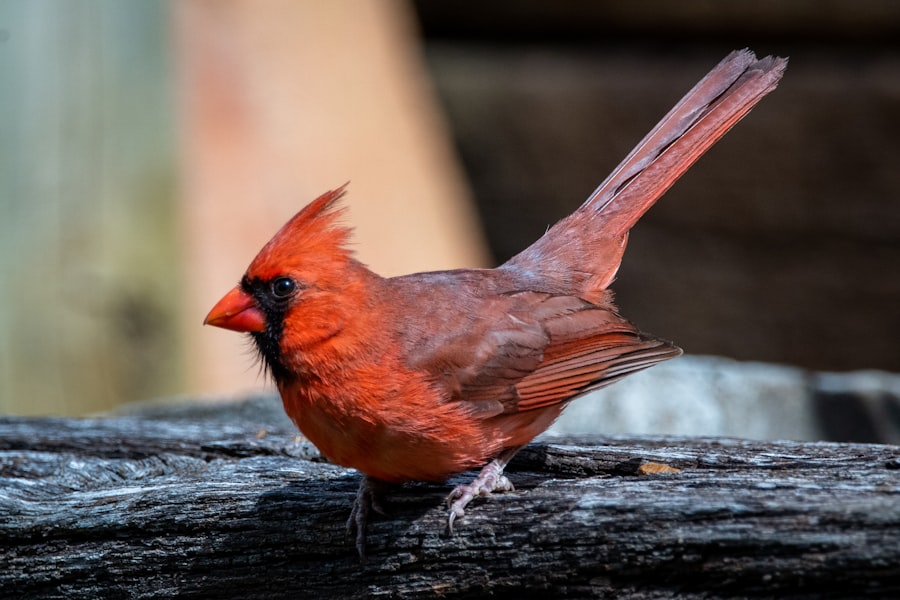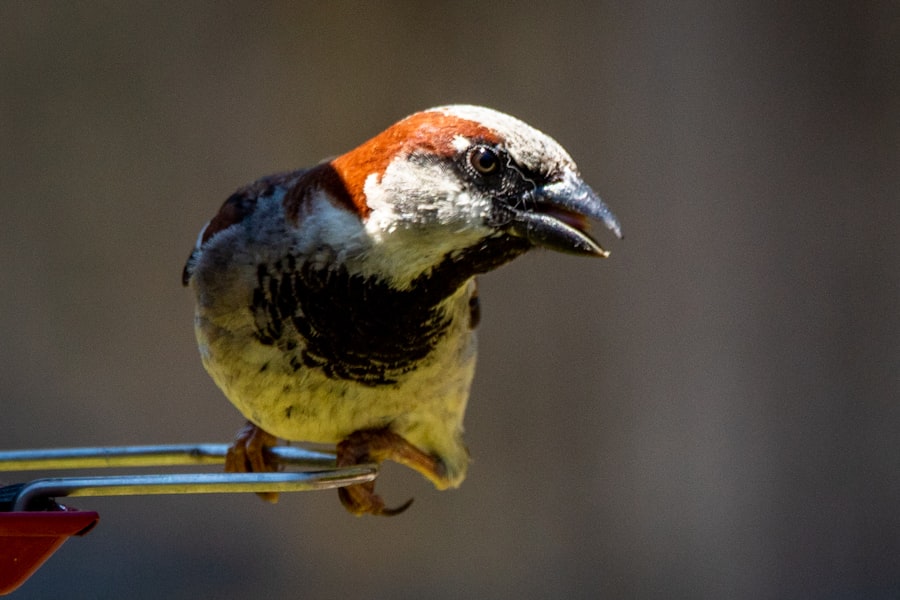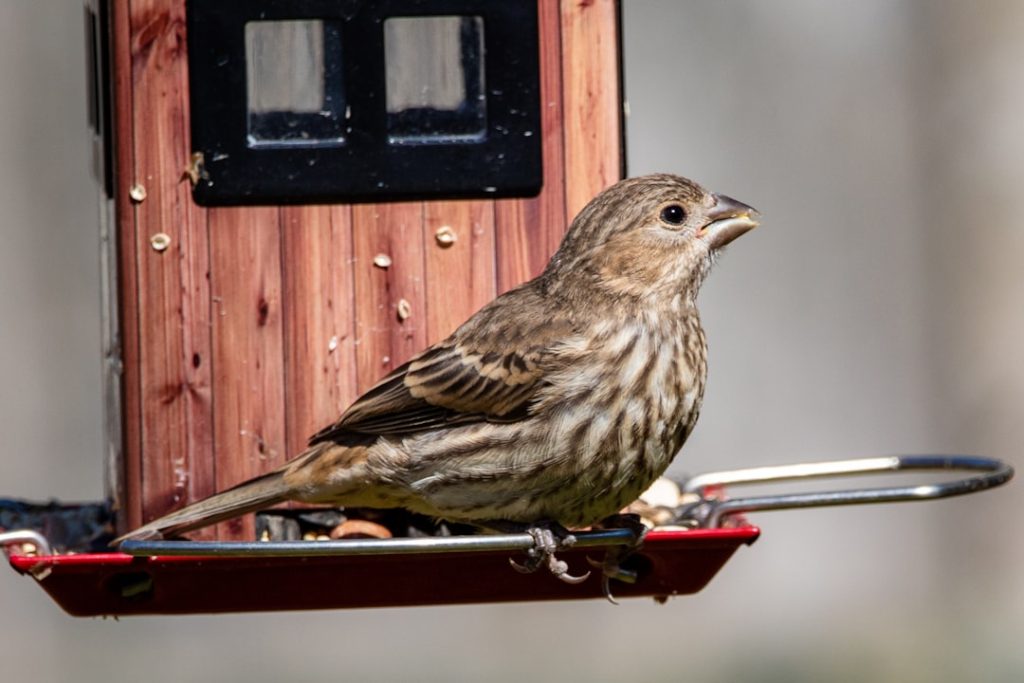Keeping chickens at home in Australia offers numerous advantages. Firstly, it provides a sustainable source of fresh, organic eggs, which can be more cost-effective than store-bought alternatives. Chickens also help reduce food waste by consuming kitchen scraps and produce natural fertilizer for gardens.
Chickens can serve as low-maintenance pets, offering companionship and entertainment for families. They present educational opportunities for children, teaching responsibility, animal care, and life cycles. Additionally, chickens contribute to pest control by eating insects and other small pests in the yard, promoting a healthier home environment.
The benefits of keeping chickens in Australia include sustainable egg production, waste reduction, natural fertilization, companionship, educational value, and pest control. These factors make chicken-keeping an attractive option for many Australian households.
Table of Contents
- 1 Choosing the Right Breed of Chicken for Your Home
- 2 Setting Up a Coop and Run for Your Chickens
- 3 Feeding and Caring for Your Chickens
- 4 Keeping Your Chickens Healthy and Safe from Predators
- 5 Collecting and Using Fresh Eggs from Your Chickens
- 6 Legal Requirements and Regulations for Keeping Chickens at Home in Australia
- 7 FAQs
- 7.1 What are the regulations for keeping chickens at home in Australia?
- 7.2 What are the benefits of keeping chickens at home in Australia?
- 7.3 What do I need to consider before keeping chickens at home in Australia?
- 7.4 What should I feed my chickens when keeping them at home in Australia?
- 7.5 What are some common predators of chickens in Australia?
Key Takeaways
- Keeping chickens at home in Australia can provide a sustainable source of fresh eggs, natural pest control, and a rewarding hobby.
- When choosing the right breed of chicken for your home, consider factors such as egg production, temperament, and climate adaptability.
- Setting up a coop and run for your chickens requires adequate space, protection from predators, and proper ventilation and insulation.
- Feeding and caring for your chickens involves providing a balanced diet, clean water, and regular health checks and maintenance.
- Keeping your chickens healthy and safe from predators requires secure fencing, predator-proofing the coop, and providing adequate shelter and roosting space.
Choosing the Right Breed of Chicken for Your Home
Climate Considerations
The climate in your area is a crucial factor to consider when selecting a breed of chicken. Some breeds are better suited to hot or cold weather. For example, Australorp and Rhode Island Red chickens are known for their ability to withstand hot Australian summers, while Orpington and Sussex chickens are better suited to colder climates.
Purpose of Keeping Chickens
The purpose of keeping chickens is another important consideration. If you are primarily interested in egg production, then breeds such as Isa Browns, Leghorns, or Plymouth Rocks are known for their high egg-laying capabilities. On the other hand, if you are interested in raising chickens for meat, then breeds such as Cornish Cross or Australorp may be more suitable.
Temperament and Space Requirements
The temperament of the breed is also essential to consider, as some chickens are more docile and friendly, while others may be more skittish or aggressive. This is especially important if you have children or other pets at home. Additionally, consider the space available for your chickens, as some breeds require more room to roam than others.
By taking these factors into consideration, you can choose the right breed of chicken that best suits your needs and environment. In summary, when choosing the right breed of chicken for your home in Australia, it is important to consider factors such as climate suitability, purpose, temperament, and space requirements. By carefully selecting the breed that aligns with your specific needs and environment, you can ensure a successful and enjoyable experience of keeping chickens at home.
Setting Up a Coop and Run for Your Chickens

Setting up a coop and run for your chickens is an essential step in providing them with a safe and comfortable living environment. The coop should be well-ventilated and provide protection from the elements, predators, and pests. It should also have nesting boxes for egg-laying and perches for roosting.
The size of the coop will depend on the number of chickens you plan to keep, but as a general rule of thumb, each chicken should have at least 4 square feet of space inside the coop. In addition to the coop, a secure run is also necessary to allow your chickens to have access to outdoor space while still being protected. The run should be enclosed with wire mesh to prevent predators from entering and should also have a roof to protect the chickens from aerial predators such as hawks.
It is important to provide enough space in the run for the chickens to move around freely and engage in natural behaviors such as scratching and dust bathing. By setting up a well-designed coop and run, you can ensure that your chickens have a safe and comfortable living space. In conclusion, setting up a coop and run for your chickens involves providing a well-ventilated and predator-proof coop with nesting boxes and perches, as well as a secure outdoor run with ample space for natural behaviors.
By creating a suitable living environment for your chickens, you can promote their health and well-being while also ensuring their safety.
Feeding and Caring for Your Chickens
Feeding and caring for your chickens is an important aspect of keeping them healthy and happy. A balanced diet is essential for chickens to lay eggs regularly and maintain good overall health. A commercial layer feed is a convenient option that provides all the necessary nutrients for egg-laying hens.
Additionally, you can supplement their diet with kitchen scraps such as fruit and vegetable peels, bread, and cooked grains. It is important to avoid feeding them foods that are toxic to chickens such as avocado, chocolate, or raw beans. In addition to their diet, providing clean water is crucial for chickens’ health.
Make sure to regularly clean and refill their water containers to prevent contamination and dehydration. Furthermore, regular health checks are important to monitor the well-being of your chickens. This includes checking for signs of illness or injury, as well as maintaining good hygiene in the coop and run by regularly cleaning out droppings and replacing bedding.
By providing proper nutrition, clean water, and regular care, you can ensure that your chickens stay healthy and thrive. In summary, feeding and caring for your chickens involves providing a balanced diet, clean water, regular health checks, and maintaining good hygiene in their living environment. By meeting these basic needs, you can promote the health and well-being of your chickens while also ensuring optimal egg production.
Keeping Your Chickens Healthy and Safe from Predators
Keeping your chickens healthy and safe from predators is essential for their well-being and longevity. Predators such as foxes, snakes, rats, and birds of prey pose a threat to chickens, so it is important to take measures to protect them. This includes securing the coop and run with strong wire mesh that is buried underground to prevent digging predators from gaining access.
Additionally, installing motion-activated lights or alarms can help deter nocturnal predators such as foxes. Furthermore, it is important to regularly inspect the coop and run for any signs of damage or weakness that could potentially allow predators to enter. Providing roosts inside the coop that are elevated off the ground can also help protect chickens from ground-dwelling predators.
In addition to physical barriers, it is important to be vigilant and observant of any signs of predator activity in your area so that you can take proactive measures to protect your chickens. By implementing these strategies, you can help keep your chickens safe from potential threats. In conclusion, keeping your chickens healthy and safe from predators involves securing the coop and run with strong wire mesh, installing deterrents such as lights or alarms, regularly inspecting for damage or weakness, providing elevated roosts, and being vigilant of predator activity in your area.
By taking these precautions, you can help ensure the safety and well-being of your chickens.
Collecting and Using Fresh Eggs from Your Chickens

Daily Collection and Storage
To ensure that eggs are fresh and clean, it is important to collect them daily from the nesting boxes. Eggs should be stored in a cool place away from direct sunlight until they are ready to be used.
Culinary Applications and Beyond
Fresh eggs can be used in a variety of culinary applications such as baking, cooking omelets or frittatas, making custards or puddings, or simply enjoying them boiled or poached. In addition to using eggs for cooking and baking, eggshells can also be crushed and used as a calcium supplement for chickens or added to compost as a natural fertilizer for your garden.
Maximizing the Benefits
By collecting fresh eggs daily and finding creative ways to use them, you can fully enjoy the benefits of having your own egg-laying hens at home. In summary, collecting and using fresh eggs from your chickens involves daily collection from nesting boxes, proper storage in a cool place away from sunlight, using eggs in cooking and baking, and finding alternative uses for eggshells such as a calcium supplement for chickens or natural fertilizer for the garden.
Legal Requirements and Regulations for Keeping Chickens at Home in Australia
Before keeping chickens at home in Australia, it is important to be aware of the legal requirements and regulations that govern poultry keeping in your area. Local councils may have specific bylaws regarding the number of chickens allowed per property, coop size and placement regulations, noise restrictions, waste management guidelines, and other considerations related to keeping poultry. Additionally, it is important to consider any potential restrictions imposed by homeowners’ associations or residential zoning regulations that may impact your ability to keep chickens at home.
Some areas may require permits or approvals before keeping poultry on residential properties. It is important to research and understand these legal requirements before establishing a chicken coop at home to avoid potential fines or penalties. In conclusion, being aware of legal requirements and regulations for keeping chickens at home in Australia involves researching local council bylaws, homeowners’ association rules, residential zoning regulations, permit requirements, noise restrictions, waste management guidelines, and other considerations related to poultry keeping.
By understanding these legal requirements upfront, you can ensure compliance with regulations while enjoying the benefits of keeping chickens at home.
If you’re considering keeping chickens at home in Australia, you may also be interested in learning about what kind of coop is best for chickens. Poultry Wizard has a helpful article on this topic, discussing the different types of coops and their benefits for your feathered friends. You can read more about it here.
FAQs
What are the regulations for keeping chickens at home in Australia?
In Australia, regulations for keeping chickens at home vary by state and local council. It is important to check with your local council for specific regulations regarding the number of chickens allowed, coop requirements, and any permits or licenses that may be required.
What are the benefits of keeping chickens at home in Australia?
Keeping chickens at home in Australia can provide a sustainable source of fresh eggs, natural pest control in the garden, and the opportunity to teach children about animal care and responsibility. Additionally, chickens can help reduce food waste by consuming kitchen scraps.
What do I need to consider before keeping chickens at home in Australia?
Before keeping chickens at home in Australia, it is important to consider the space available for a coop and run, the time and effort required for daily care and maintenance, and the potential impact on neighbors. Additionally, it is important to consider the cost of initial setup and ongoing expenses for feed and healthcare.
What should I feed my chickens when keeping them at home in Australia?
When keeping chickens at home in Australia, it is important to provide a balanced diet that includes commercial chicken feed, fresh water, and access to grass, insects, and kitchen scraps. It is important to avoid feeding chickens foods that are toxic to them, such as avocado, chocolate, and onions.
What are some common predators of chickens in Australia?
Common predators of chickens in Australia include foxes, dogs, cats, snakes, and birds of prey. It is important to secure the coop and run with sturdy fencing and locks to protect chickens from potential predators.
Meet Walter, the feathered-friend fanatic of Florida! Nestled in the sunshine state, Walter struts through life with his feathered companions, clucking his way to happiness. With a coop that’s fancier than a five-star hotel, he’s the Don Juan of the chicken world. When he’s not teaching his hens to do the cha-cha, you’ll find him in a heated debate with his prized rooster, Sir Clucks-a-Lot. Walter’s poultry passion is no yolk; he’s the sunny-side-up guy you never knew you needed in your flock of friends!







